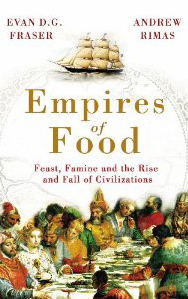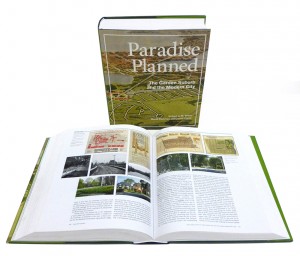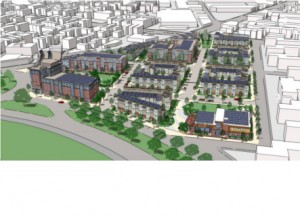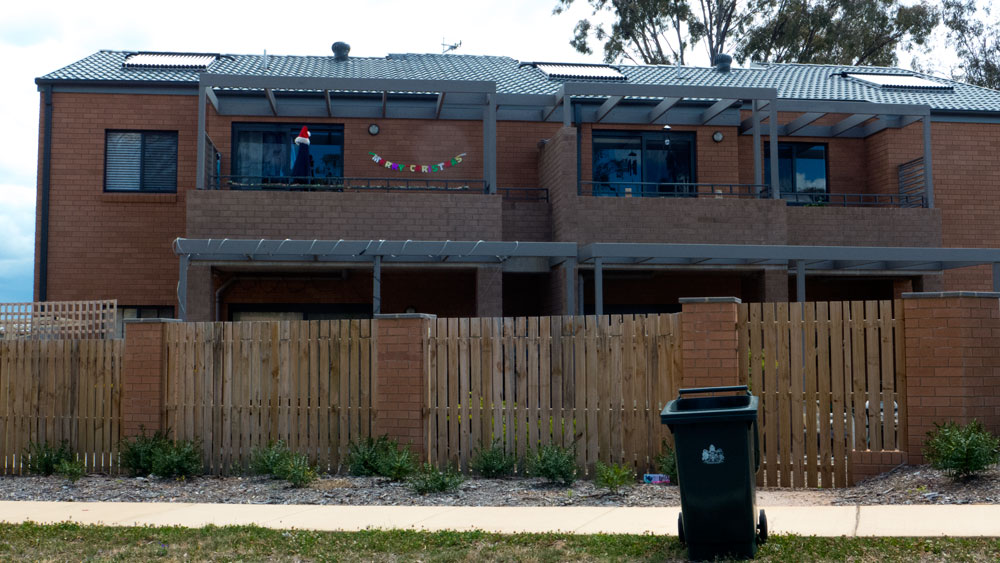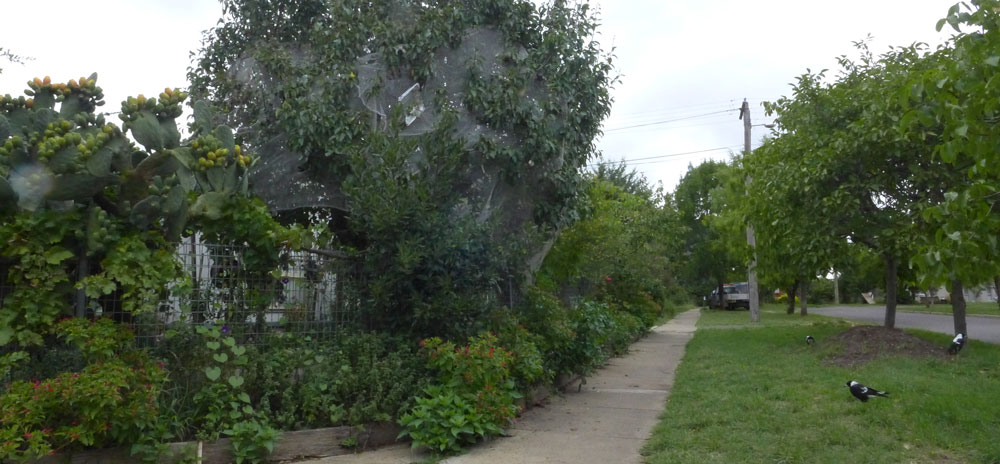Re-Posted from Island Press
Seven Rules for Sustainable Communities
Design Strategies for the Post Carbon World, Parick M Condon
Questions of how to green the North American economy, create a green energy and transportation infrastructure, and halt the deadly increase in greenhouse gas buildup dominate our daily news. Related questions of how the design of cities can impact these challenges dominate the thoughts of urban planners and designers across the U.S. and Canada.
With admirable clarity, Patrick Condon discusses transportation, housing equity, job distribution, economic development, and ecological systems issues and synthesizes his knowledge and research into a simple-to-understand set of urban design rules that can, if followed, help save the planet.
No other book so clearly connects the form of our cities to their ecological, economic, and social consequences. No other book takes on this breadth of complex and contentious issues and distills them down to such convincing and practical solutions. And no other book so vividly compares and contrasts the differing experiences of U.S. and Canadian cities.
Continue reading sustainable communities →
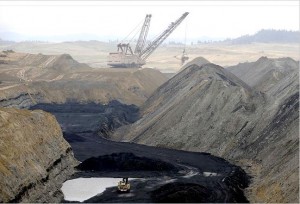 Many national governments, including Australia, persist in allowing Big Coal to influence its environmental and energy policies. However there is hope as a world-wide trend continues as corporations start to divest themselves of investments in the Big Coal companies.
Many national governments, including Australia, persist in allowing Big Coal to influence its environmental and energy policies. However there is hope as a world-wide trend continues as corporations start to divest themselves of investments in the Big Coal companies.
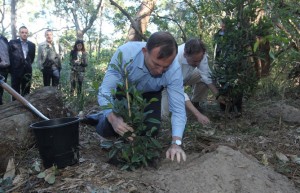
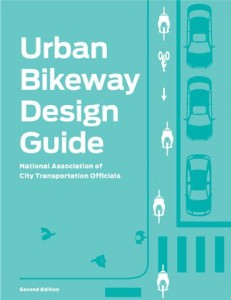
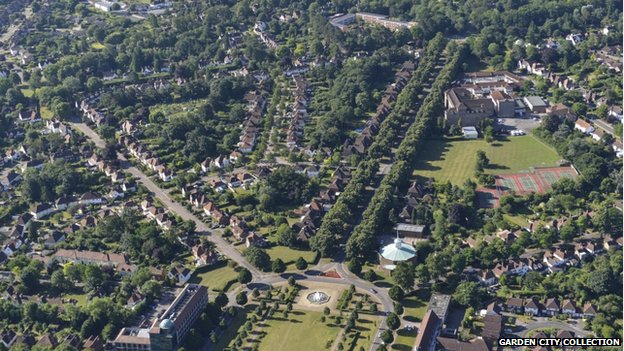


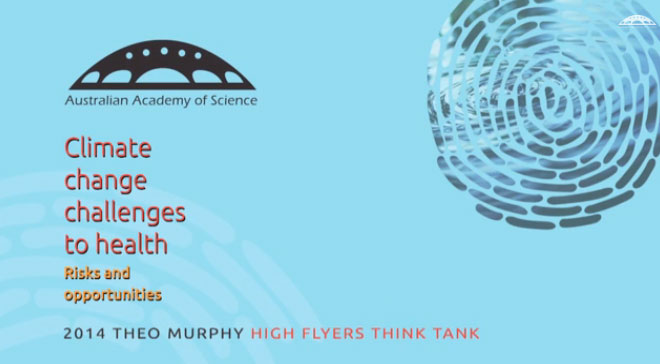
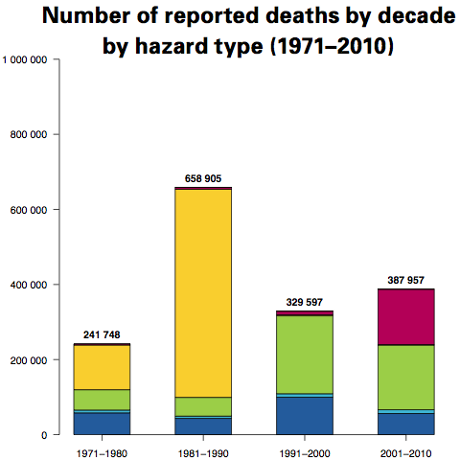
 There is a very hard-hitting article in the August 2014 issue of The Monthly on how the two large supermarkets have been allowed to rip anyone and everyone off. Even more depressing is that it points to how we, as consumers, are continuing to allow this to happen.
There is a very hard-hitting article in the August 2014 issue of The Monthly on how the two large supermarkets have been allowed to rip anyone and everyone off. Even more depressing is that it points to how we, as consumers, are continuing to allow this to happen.
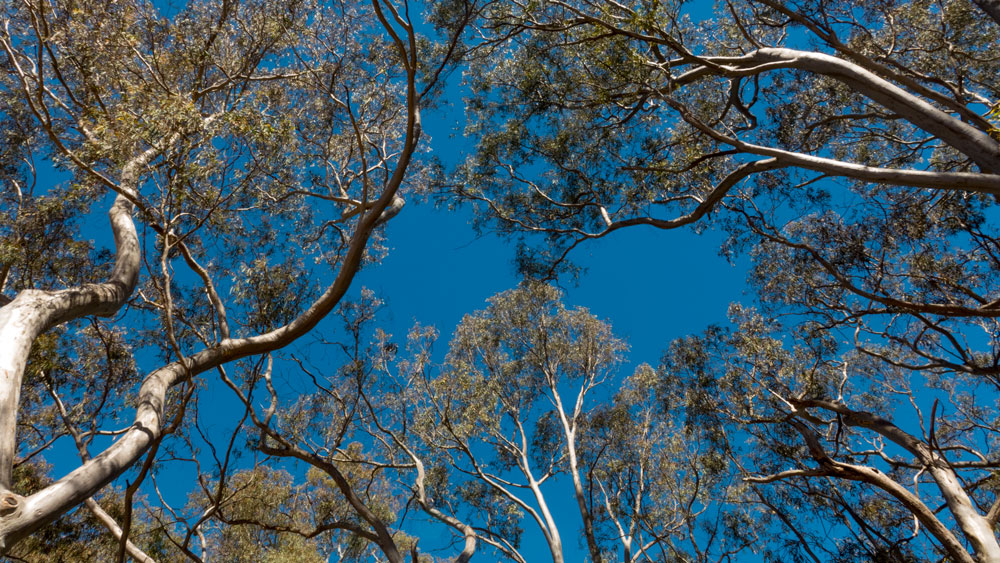
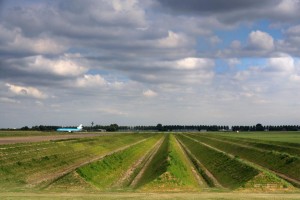 Amsterdam Airport Schiphol is located in one of the most densely populated areas of the country, and aircraft noise is a problem in the surrounding cities. Low-frequency ground noise created at take-off is especially difficult to combat because standard noise barriers are largely ineffective against it. Schiphol is implementing acoustical landscaping in the form of large ridges that dampen longer wavelengths.
Amsterdam Airport Schiphol is located in one of the most densely populated areas of the country, and aircraft noise is a problem in the surrounding cities. Low-frequency ground noise created at take-off is especially difficult to combat because standard noise barriers are largely ineffective against it. Schiphol is implementing acoustical landscaping in the form of large ridges that dampen longer wavelengths.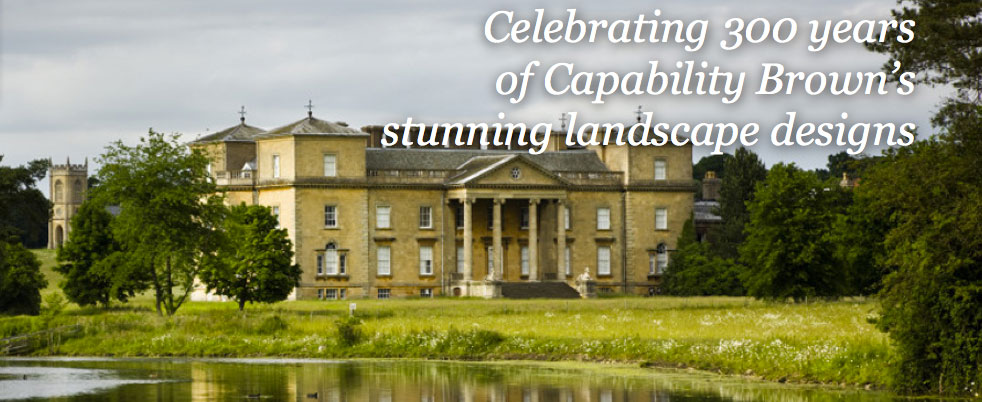
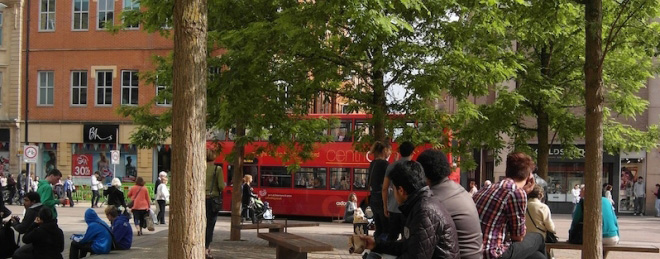
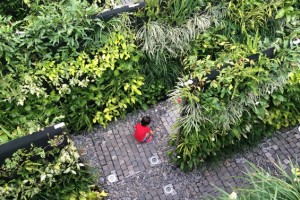



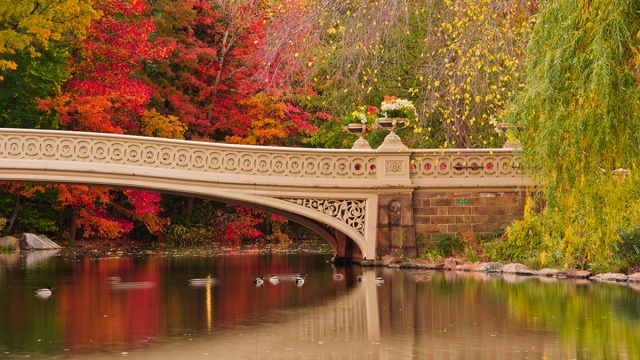
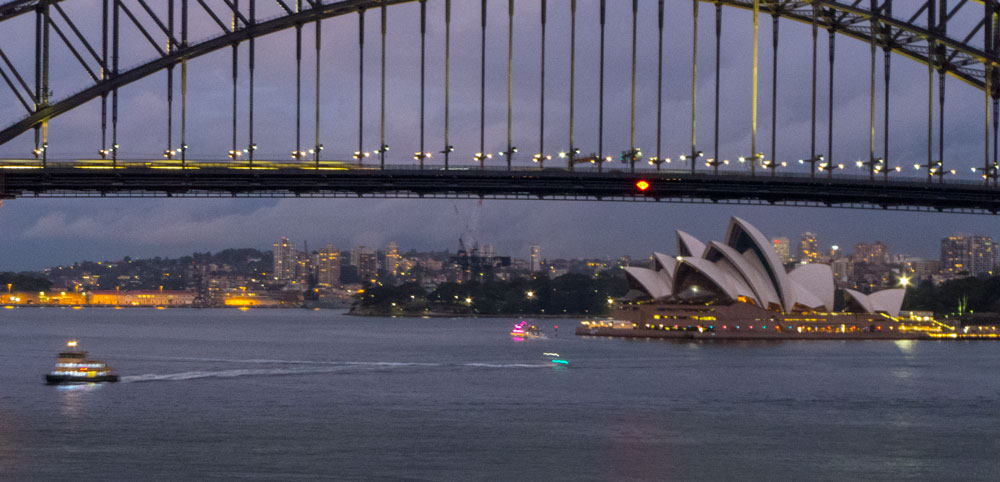
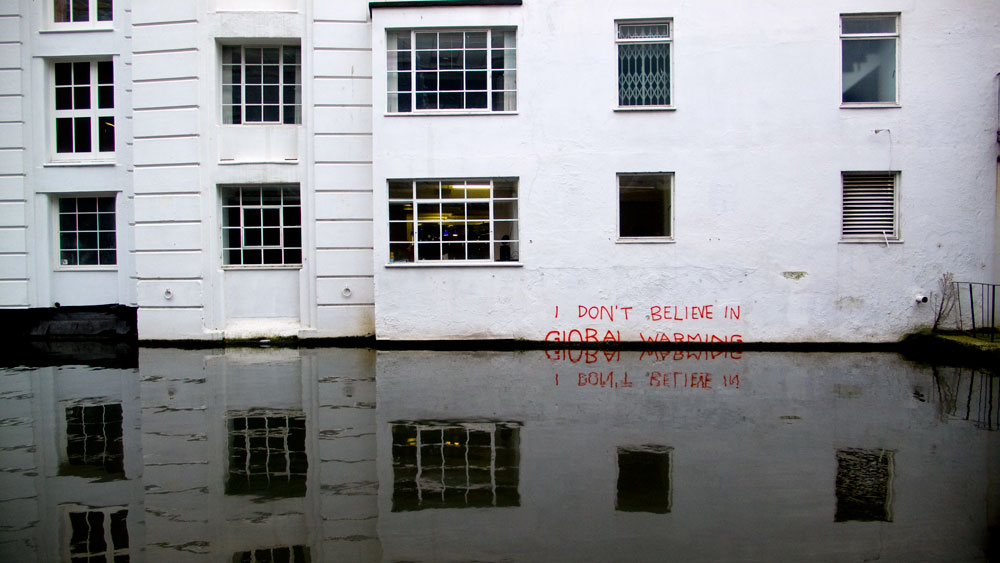


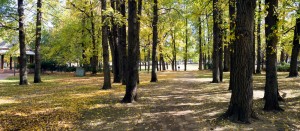
 From the blurb online:
From the blurb online:
